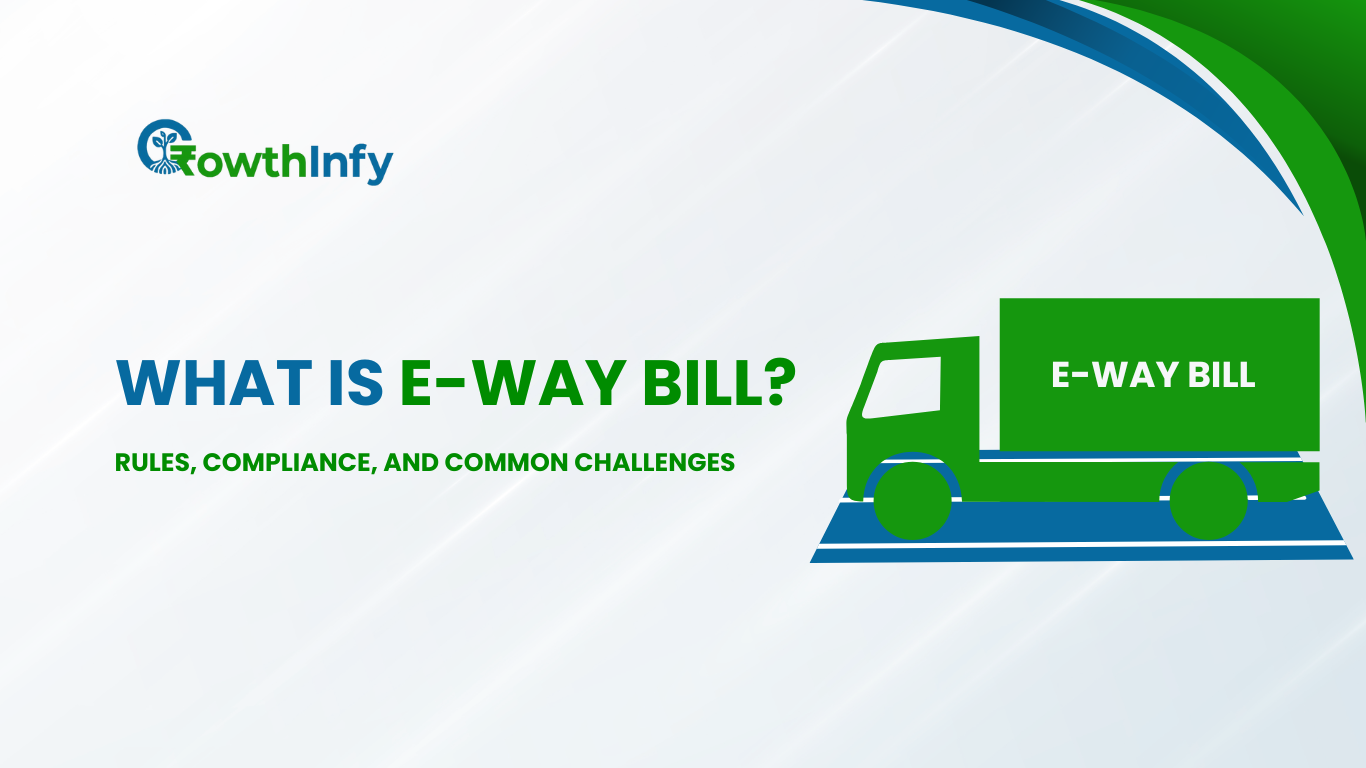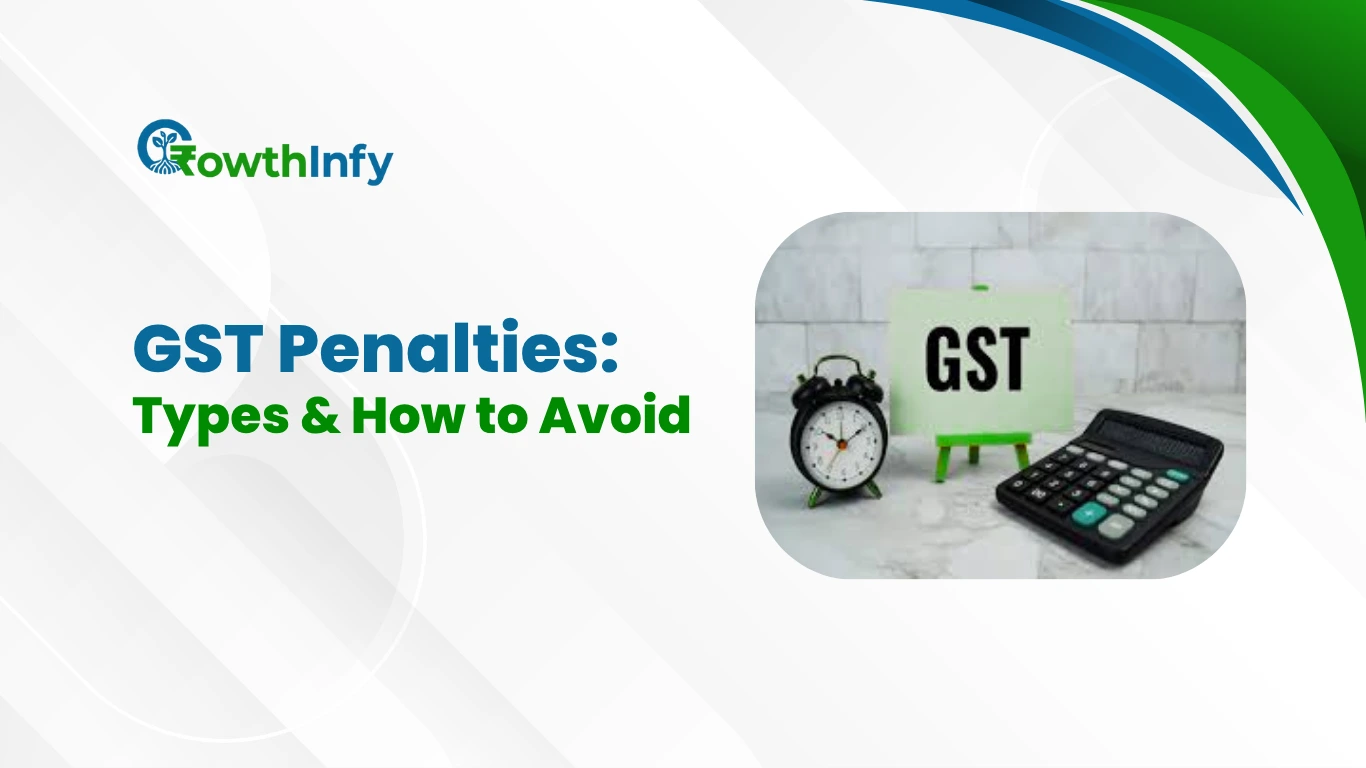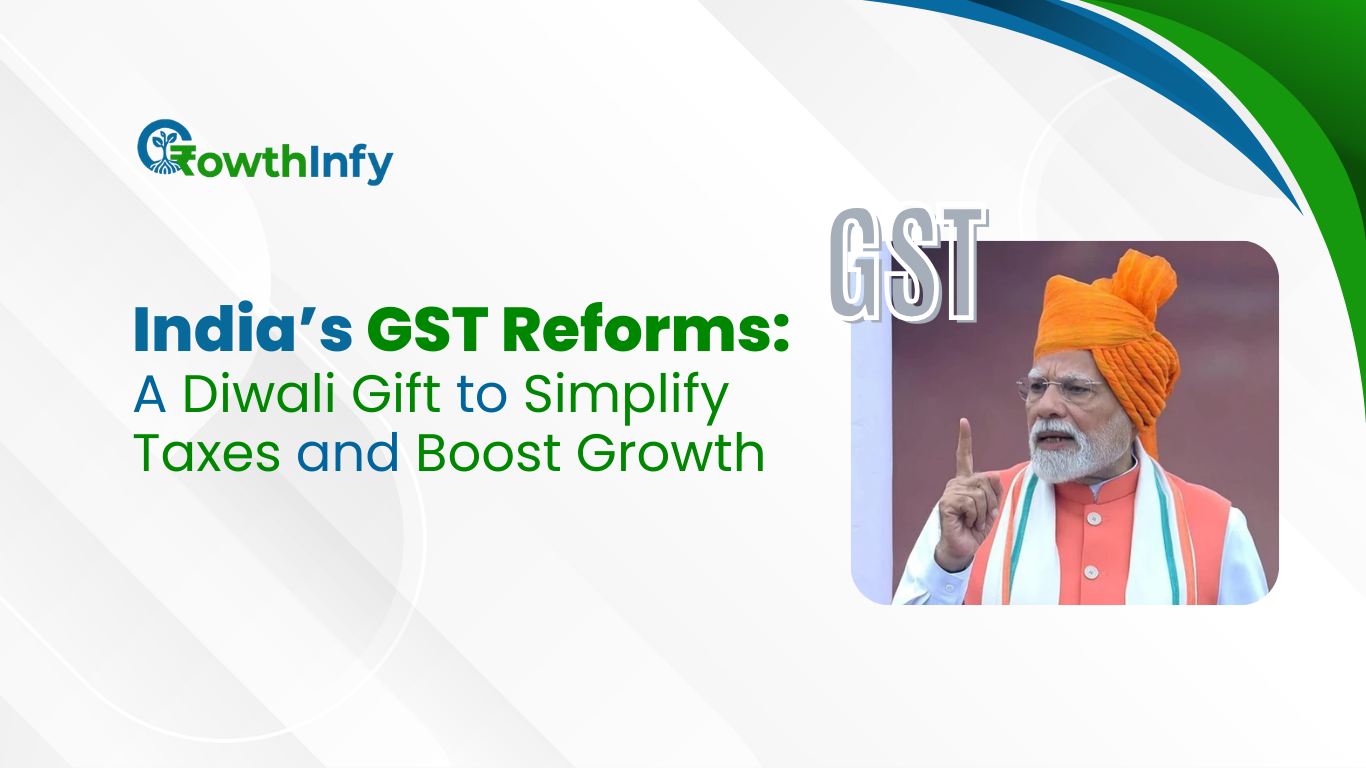E-Way Bill: Rules, Compliance, and Common Challenges
A key component of India’s Goods and Services Tax (GST) framework, the E-Way Bill was created to facilitate the flow of goods throughout the nation. Real-time tracking of goods in transit and the prevention of tax evasion are the two main goals of the e-way bill system.
This article offers a thorough overview of e-way bill regulations, compliance standards, and typical business difficulties. Knowing how the e-way bill portal operates is crucial for hassle-free operations, regardless of your role as a manufacturer, trader, or transporter.
What is an E-Way Bill?
For the transportation of goods valued at more than ₹50,000, an electronic document known as an E-Way Bill is necessary. It must travel with the goods and is created on the e-way bill portal (https://ewaybillgst.gov.in).
Applicability of E-Way Bill
When is an E-Way Bill Required?
- Transportation of goods between states (interstate) or within a state (intra-state)
- Over ₹50,000 is the value of the consignment (which could be for one invoice or several invoices in one vehicle).
- Job work consignments or e-commerce transactions
Who Should Generate the E-Way Bill?
- Those who have registered: When products are delivered by courier or in their own or rented car
- Transport : If the e-way bill has not been created by the supplier
- Unregistered individuals: When delivering to a registered individual
How to Generate E-Way Bill – Step-by-Step
You can generate an e way bill using:
- E Way Bill Portal: ewaybillgst.gov.in
- SMS facility
- Mobile App
- API Integration
Steps to Generate E-Way Bill on Portal:
- Login to ewaybillgst.gov.in
- Go to E-Way Bill > Generate New
- Fill details like:
- GSTIN of supplier/recipient
- Invoice number & date
- Value of goods
- HSN code
- Transporter details (vehicle number, mode of transport)
- Click “Submit” and a unique 12-digit EWB number will be generated.
Validity of E-Way Bill
Distance (in KM) | Validity |
Up to 100 km | 1 day |
Every additional 100 km | +1 day |
Note: For over-dimensional cargo (ODC), different rules apply.
E-Way Bill Compliance Rules
1. Carry E-Way Bill During Transit
- The driver must carry the e way bill (physical copy or EWB number).
2. Part-B is Mandatory for Transport
- Part-B (vehicle number) is required before goods are transported.
3. Updating Vehicle Number
- If the vehicle changes en route, the EWB must be updated.
4. Cancellation
- E-way bill can be cancelled within 24 hours of generation (if goods were not transported).
5. Consolidated E-Way Bill
- If multiple consignments are being transported in one vehicle, a consolidated e way bill can be generated.
Penalties for Non-Compliance
- ₹10,000 or tax sought to be evaded—whichever is higher.
- Goods and vehicle can be detained or seized.
- Mandatory penalty for incorrect or expired EWB.
Common Challenges in E-Way Bill Compliance
1. Data Entry Errors
- Incorrect GSTIN, HSN, or invoice value can invalidate the EWB.
2. Vehicle Number Update Delays
- Frequent vehicle changes require real-time updates, which many businesses miss.
3. Connectivity Issues
- Internet or server downtime on the e way bill portal can delay generation.
4. Non-Integration with ERP
- Businesses not using API integration face delays due to manual entry.
5. Interpretation of Distance & Route
- Misunderstanding actual distance can lead to early EWB expiry.
Best Practices for Smooth E-Way Bill Compliance
- Use an API to connect billing or ERP software to the e-way bill system.
- Develop warehouse and logistics teams
- Audit EWB records on a regular basis and compare them to invoices.
- For transactions with a high volume, use the bulk upload feature.
- Remind people when their EWBs expire and renew.
Conclusion
An essential component of GST compliance in India is the e-way bill system. When used properly, it makes logistics easier and promotes transparency. Businesses can guarantee smooth transportation and stay out of trouble by knowing the regulations, making effective use of the e-way bill portal, and avoiding typical errors.
Growthinfy offers comprehensive support for GST compliance. Allow us to assist you in becoming more intelligent and staying compliant.
FAQs on E-Way Bill
Q1. Can I generate an E-Way Bill without GST registration?
No, only registered users can generate EWB except in the case of unregistered-to-registered supply.
Q2. Is EWB needed for job work?
Yes, job work transactions also require e way bill generation.
Q3. What if the goods are sent through public transport?
Even then, an EWB is mandatory, and the transporter details must be updated.




